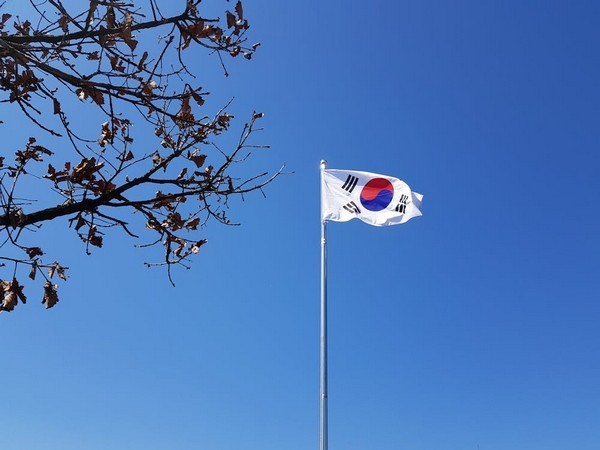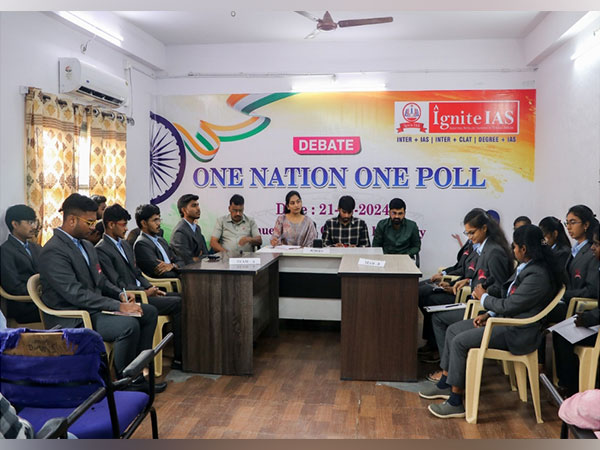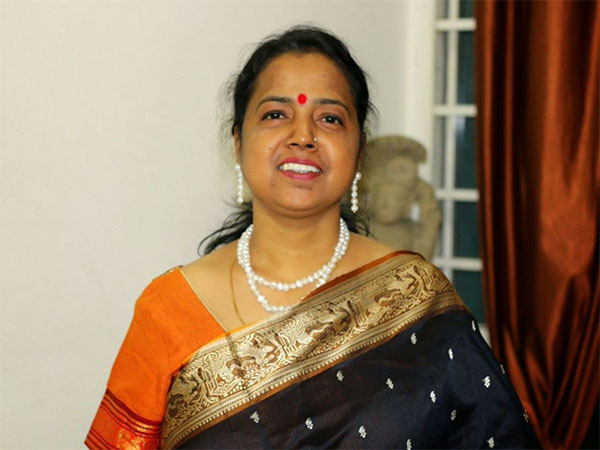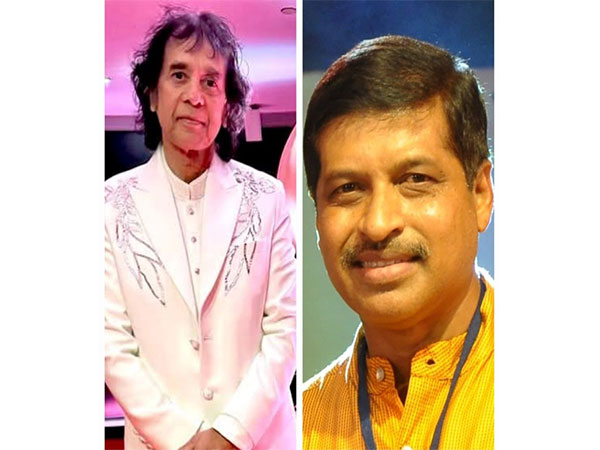Martial law in a flash, South Korean President in a difficult position
Dec 05, 2024
Seoul [South Korea], December 5: By yesterday afternoon, reporters at the scene said the atmosphere outside the South Korean parliament building was peaceful, in contrast to the chaos on the night of December 3, when South Korean President Yoon Suk-yeol declared martial law. The tense atmosphere came from inside, when 191 lawmakers from opposition parties signed and submitted a motion to impeach Mr. Yoon. Six hours after issuing the order, Mr. Yoon had to withdraw martial law when the parliament voted on the motion.
Wobbly position
The impeachment plan is expected to be presented at a plenary session today (December 5) and will be voted on in 1-2 days. If 200 out of 300 lawmakers approve the impeachment proposal, Mr. Yoon will be suspended from office and the presidential power will be transferred to Prime Minister Han Duck-soo, until the Constitutional Court of Korea makes a final decision. If the President does not resign and the court upholds the proposal, Mr. Yoon will be removed from office and Korea will have 60 days to elect a successor.
Observers say this is clearly a failure in Mr. Yoon's political efforts and is putting him at risk of losing his position as South Korea's leader. Although there were some rumors that Mr. Yoon might declare martial law, the fact that the South Korean President actually did this surprised not only the opposition but also the ruling People's Power Party (PPP).
According to Foreign Policy magazine , martial law in South Korea is usually considered a card to be used only when tensions with the DPRK escalate seriously. However, Mr. Yoon has never had to use it in the past, when Pyongyang has made many moves that Seoul considers aggressive.
Yoon Suk Yeol has faced a number of challenges in the first half of his term since taking office in 2022. Yoon's wife Kim Keon Hee was accused of accepting a luxury bag in November 2023, forcing him to issue a public apology, although he denied any wrongdoing. In April, the ruling PPP suffered a defeat in the South Korean parliamentary elections, with the opposition Democratic Party (DP) winning the most seats, thereby coordinating with other smaller opposition parties to pressure President Yoon's policies.
Gallup polls also show that Mr. Yoon's approval rating has been below 20% recently. As of January this year, only 29% of the bills submitted by Mr. Yoon's government had passed the National Assembly, according to the Financial Times. In contrast, the South Korean president has vetoed more opposition bills than any of his predecessors since 1987.
"Cornered"
Experts say the declaration of martial law with an unclear explanation partly shows that Mr. Yoon is playing an "all or nothing" game, and the situation so far is leaning towards the latter. Facing a new parliament with a majority of lawmakers from the opposition, Mr. Yoon's term until May 2027 is expected to face many obstacles. But before that time, the South Korean parliament has begun to move to impeach key officials in the current administration and request a 4.1 trillion won ($2.9 billion) cut in next year's budget. These two issues were raised by Mr. Yoon when he issued martial law. He also said that the controversial decision was to prevent "threats from North Korea and pro-North Korea forces against the state," although he did not provide any specific evidence.
Celeste Arrington, an expert on Korean politics from George Washington University (USA), told AFP that Mr. Yoon's move showed that the current South Korean president was dissatisfied and also partly demonstrated his lack of political experience, mentioning that Mr. Yoon had never held any elected position before taking office.
In addition, even within the PPP party, there is no absolute support for Blue House boss Yoon Suk Yeol, typically with Mr. Yoon and PPP leader Han Dong-hoon having argued many times over disagreements related to the strike of thousands of Korean medical interns.
The Korea Herald on December 4 quoted professor of political science and international relations Park Won-ho (Seoul National University, South Korea), saying that Mr. Yoon's political isolation has been recognized, but martial law will make the situation more serious.
Sharing the same view, Professor Park Chang-hwan from Jangan University (South Korea) analyzed: "The president's declaration of martial law without consulting his advisors clearly shows his isolated psychological state. When a person feels cornered, they tend to make unreasonable decisions." After the recent shocking incident, a number of senior officials of Mr. Yoon's administration offered to resign, including Defense Minister Kim Yong-hyun.
Source: Thanh Nien Newspaper








